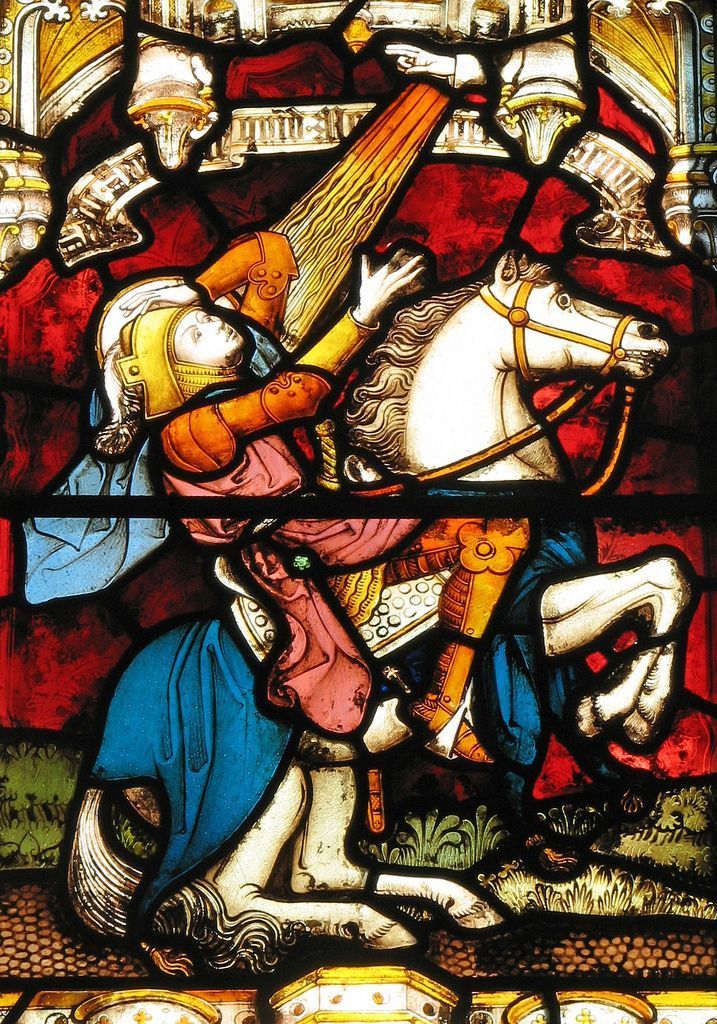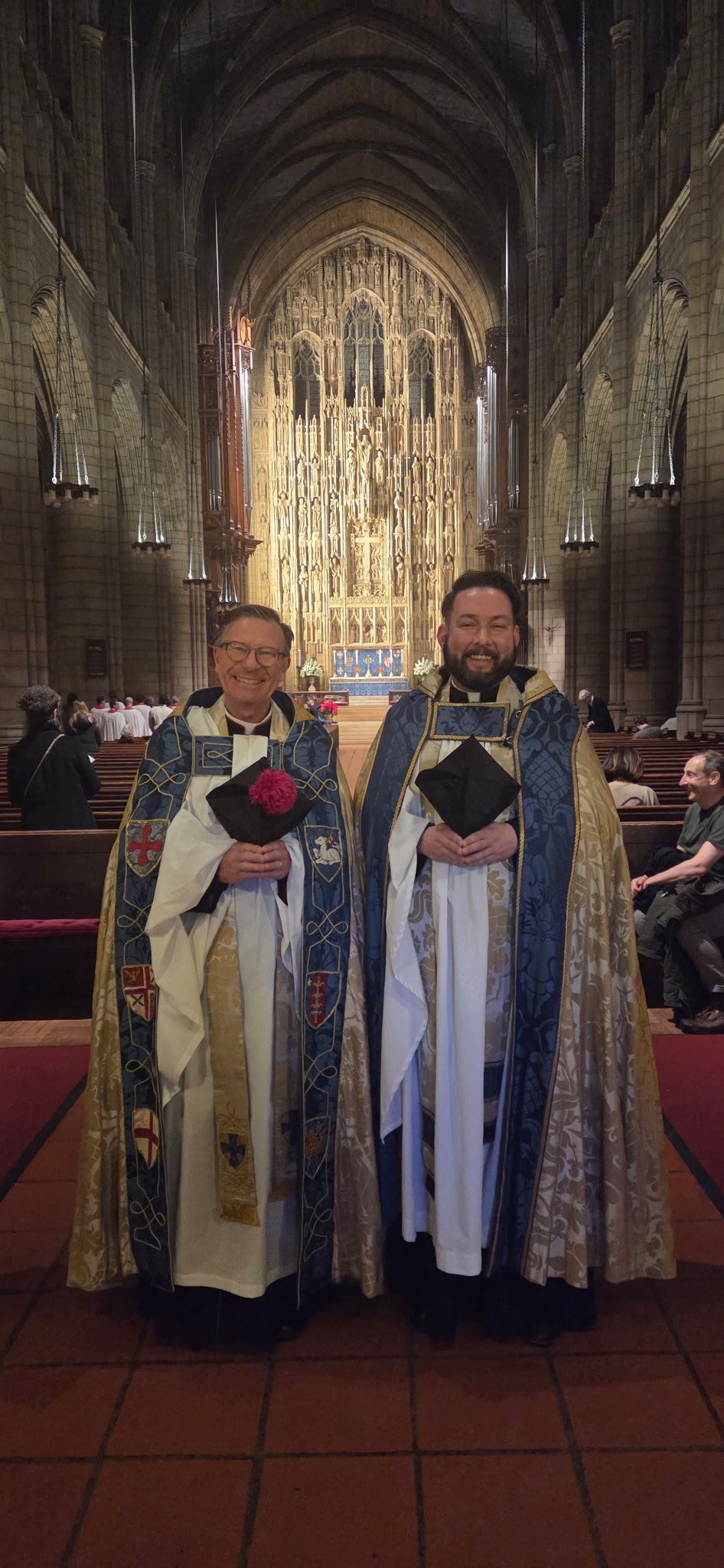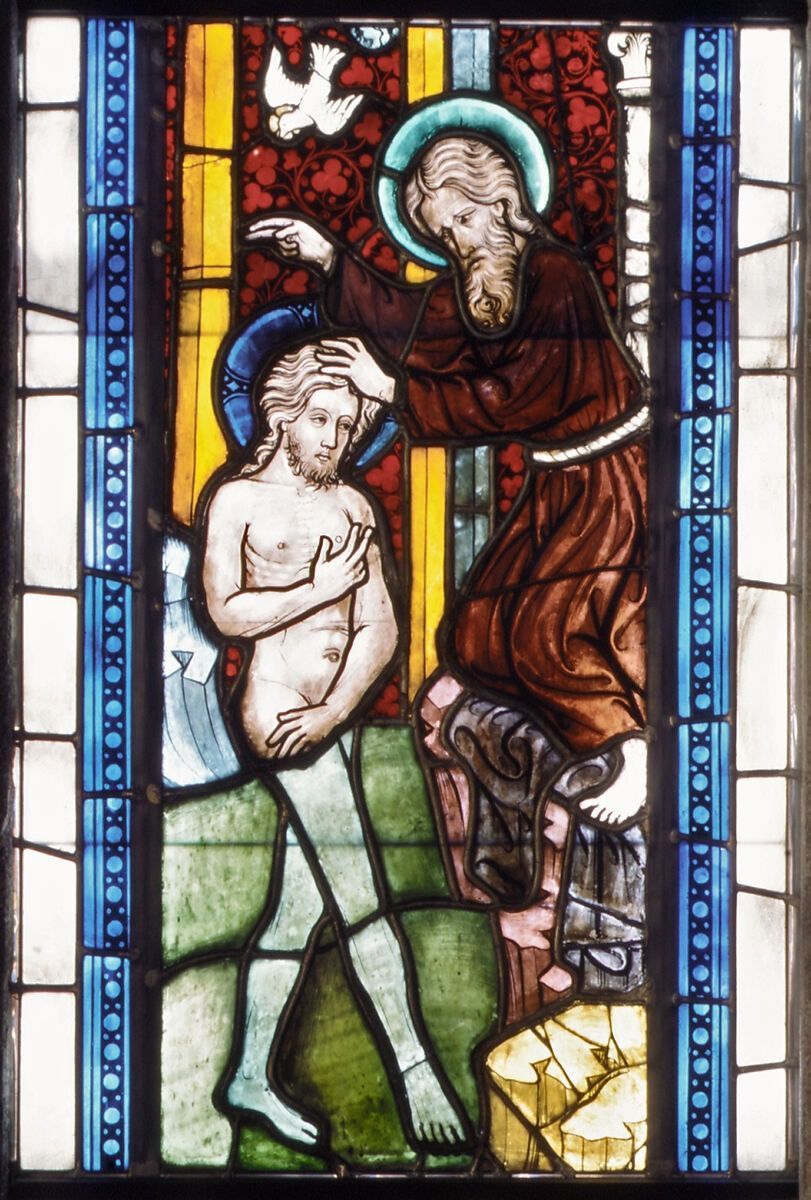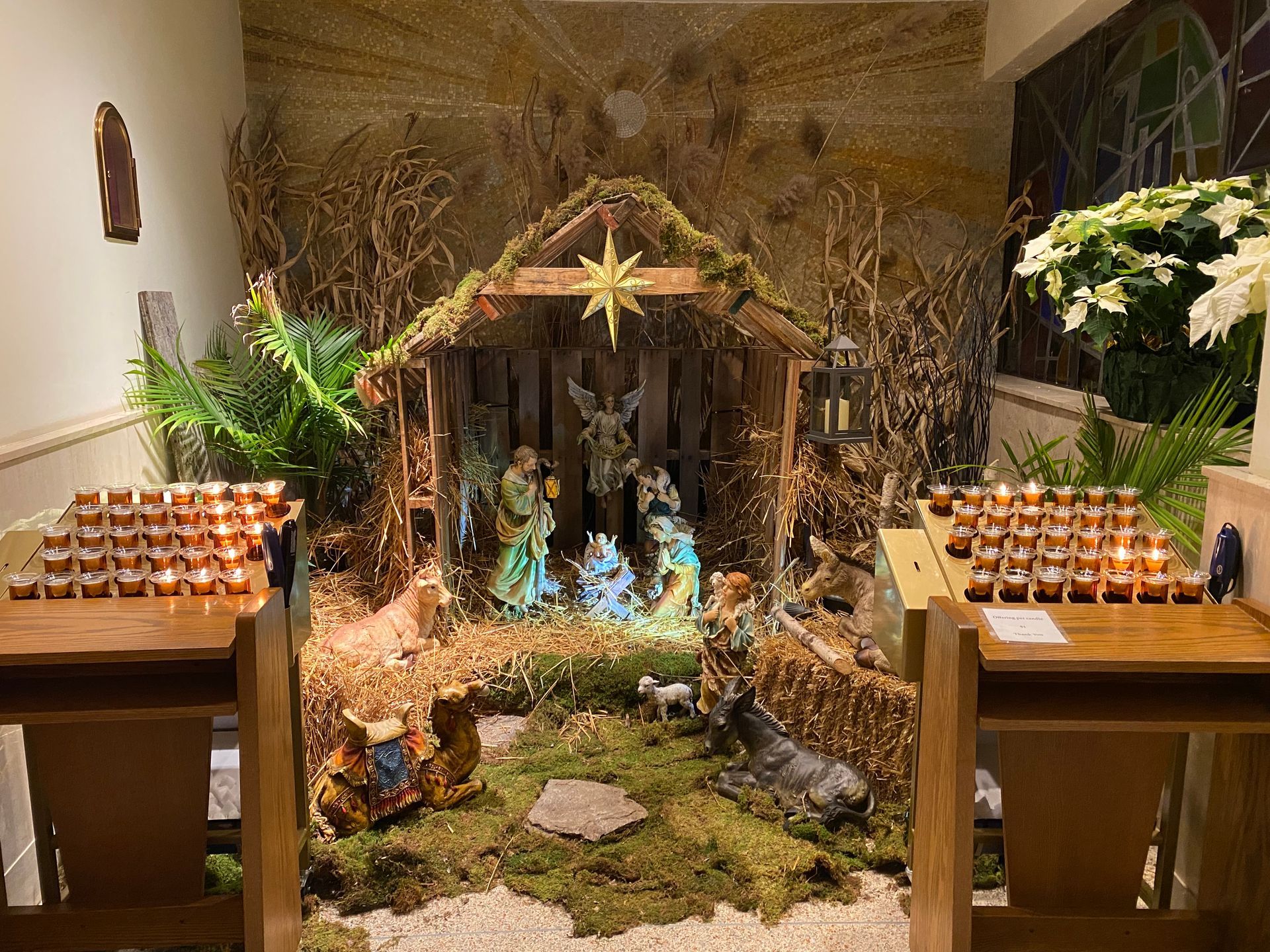Feel the Burn
Rev. Michael J.V. Clark • August 17, 2025

“Aslan is a lion- the Lion, the great Lion." "Ooh" said Susan. "I'd thought he was a man. Is he-quite safe? I shall feel rather nervous about meeting a lion"..."Safe?" said Mr Beaver ..."Who said anything about safe? 'Course he isn't safe. But he's good. He's the King, I tell you.”
C. S. Lewis The Lion, the Witch, and the Wardrobe
The Pevensie children have discovered the wardrobe in the Professor’s attic that leads to another world - a world in which a deep spell by an evil usurper has meant it is always winter, never Christmas. Aslan, in Lewis’s story, is the Redeemer of Narnia - in giving up his life, he exercises the deep magic, which releases the world from the witch’s curse.
Since Aslan is a type of Christ, this quotation exemplifies Lewis’s own understanding of the person of Jesus - not safe, but good. Today’s Gospel, with its startling prophecies is sometimes hard to reconcile with the idea of ‘gentle Jesus, meek and mild.’ Where has he gone? Isn’t he supposed to be the Prince of Peace?
Well, let’s start with God’s idea of peace - compared with our more prosaic, everyday notion. For God, peace is clearly not the absence of conflict. The Lord is quite clear that his message is challenging. Coming close to Christ puts us under pressure - and many find that pressure too demanding, and walk away.
Instead, God’s peace is about reconciliation. If we are at one with the Father, have restored our friendship by means of Christ’s sonship, then we experience the peace the world cannot give, that surpasses all understanding. But that does not mean we can take it easy. God’s peace, because it derives from Truth, causes division from anything that is false - anything that is inferior, or inadequate.
The peace the world offers is focused on comfort - but we are not here for comfort, as Pope Benedict XVI once memorably stated. Even more than that, the world in fact offers a false peace - divisions are not reconciled, they are simply ignored, or papered over. The comfortable peace is no peace at all, it is a conditional cessation of hostilities, for a while, - a truce, in other words.
So what of the fire Christ promises? In everyday life you will no doubt have heard that cringeworthy phrase “feel the burn.” I’m told it relates to the euphoria athletes feel when the lactic acid builds up so much in their muscles their bodies feel like they are burning up. Apparently this is a good thing - but I wouldn’t know, I have not ‘felt the burn’ much recently, perhaps I should take it up?
But I wonder if said athletes would be as excited to feel the burn that Christ proposes today? You see the Word we hear today is the same Word that appeared to Moses in the Burning Bush: Same Lord; same fire. We note, of course, that the Bush burns, but is not consumed. And there’s the key. The fire Christ wishes to cast on the earth is a cleansing fire, a purifying fire.
There are numerous biblical references to the People of God being cleansed as by fire - and they build upon man’s own experience of the phenomenon. We are primordially afraid of fire - rightly so, it is unpredictable, and endangers our lives - but we also like to manipulate it. Capturing fire - perhaps from lightning strikes - was one of man’s first achievements. No wonder so much mythology centers around the idea of stealing fire from the gods. But we need no Prometheus. God, in fact, wishes to give this fire to us.
God’s fire only destroys that which is sinful in us. That which is good is honed, made purer, and stronger. So we see that in this celestial equation, nature+grace=sanctity. Fire, then, is what happens to us spiritually when we say yes to grace.
Don’t fear the fire; feel the burn.
Recent Posts










